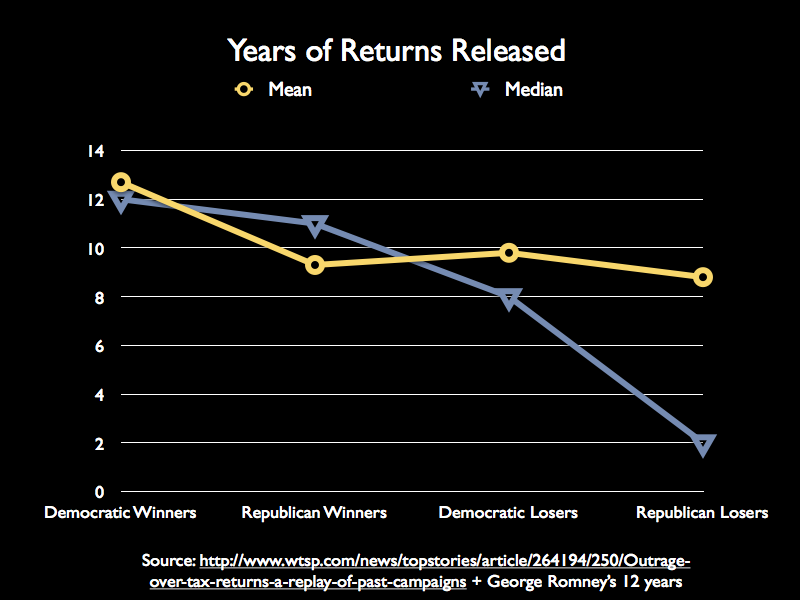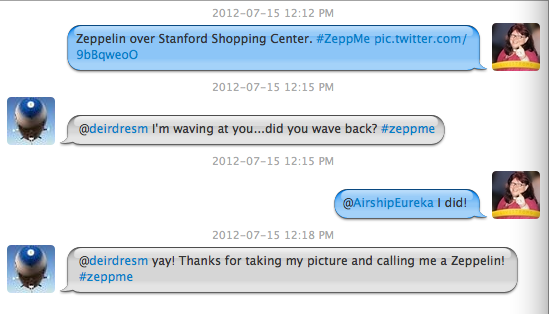First of all, I want to point you to Jim Keller’s proposition guide which has some good commentary, as do Nick Mamatas’s and Scott Martin’s posts on the initiatives. We agree on about half of the propositions, but have different reasons for agreeing or disagreeing on the rest.
Proposition 30: Voting Yes
Summary: Funds education through a mix of sales and income tax hikes.
This proposition combines a progressive seven-year increase in income tax for those earning over $250,000 with a regressive four-year quater-percent increase in sales tax. I am almost never for regressive taxes as they disproportionately affect the poor, and if it were sales tax alone, I’d vote against it.
Unlike Jim, I do think California needs this to fund education, and the terms of this proposition are less odious than Prop 38, so we will vote yes. Also, Prop 38 only covers K-12 where Prop 30 also covers higher education.
Proposition 31: Voting No
Summary: Changes state budget process.
When you get the California Democratic Party and the East Bay Tea Party to agree that a proposition should be defeated, that’s probably a good sign that the measure is flawed.
The problem is that there’s so many aspects to it, some of which may be good and some of which may be bad, but as a whole it’s just too confused.
Rick says, “This is kind of a whack-job utopian attempt to impose a bunch of expensive reforms on the state budget process, tying the hands of the legislatures.”
Proposition 32: Hell No
Summary: Limits the ability of unions (among others) to contribute to political campaigns.
This is a union-voice-busting measure. Make sure the Koch brothers and their cronies waste their money and vote no.
“This is the third ballot measure in 15 years that businesses have put forth to limit unions’ political fundraising.” Unions spend less money in political contributions than businesses, PACs, and Super PACs, so what’s really being quashed is the voice of the worker.
Proposition 33: No
Summary: Poison pill auto insurance “reform.”
All you really need to know about this one: “Prop. 33 is almost entirely funded by George Joseph, the chairman of Mercury General Corporation, an insurance company. In 2010, Mercury Corporation spent $16 million on a similar measure, Proposition 17, which was defeated. As of late September Joseph had donated $8.4 million to the current campaign.”
While loyalty discounts may seem like a good idea, there are other gotchas that would cost more people more money. Joseph wouldn’t have poured so much into it if it were going to save you money.
Proposition 34: Yes
Summary: Eliminates executions and changes death penalty to life in prison.
Executions are not a deterrent to crime. My sole gripe about this is victim restitution, because I feel that should be a civil, not criminal, matter.
No one should be slated for execution because they stole three golf clubs.
Proposition 35: Hell No
Summary: Attempt to modify California’s already-good human trafficking laws and punish non-trafficked sex workers and their families, all while reducing focus on non-sex-trafficking.
As many of you know, I’m quite anti-trafficking, and have read up on the law here. However, this transforms the existing law, which is about all forms of trafficking, to specifically a law about sexual trafficking. That is far from all the trafficking there is. So, for example, people like Marc and Claire Headley would be less protected under this proposed statute (as their trafficking case did not involve sexual assault) than they were already. Granted, they lost because they were in a religious order, but the point is otherwise valid. Read Claire’s complaint for an example of what non-sexual human trafficking can look like. Is that something you want to protect more of by voting yes here?
Here’s the primary text of the existing law.
The new law’s title is: Californians Against Sexual Exploitation Act.
Jim says, and I agree with him, “It’s not clear if this was written by idiots or if the intention was to create a law so vague that it could be exploited throw anyone involved in the computer, entertainment, or bookselling business and their friends and family in prison, but that’s what it does. The stated goals of this proposition are to stop things that are already illegal, and already carry stiff penalties, and then it goes on to strike those penalties and criminal definitions out of the legal code. Even if you’re opposed to all forms of commercialized sex, this proposition is over-broad, unnecessary, and, frankly, dangerous.”
Some of the re-organization of the existing bill makes no sense to me, either. Also, if one’s modifying the section about passports or immigration papers, why not add other documents that affect a person’s mobility, e.g., driver’s license or other identification?
Please also see Nick Mamatas’s commentary on this initiative as he makes some very good points.
Personally, my biggest fear is that this will take funding away from prosecuting the difficult cases and instead prosecuting the low-hanging fruit, leading to even worse trafficking in our state.
Proposition 36: Yes
Summary: Revises the three strikes law to require the third strike to be a serious or violent felony. Other third felonies will be double the typical term.
There’s no reason that, if someone stole three cars (as three separate strikes assuming grand theft auto), they should be doing life in prison.
Proposition 37: Hell Yes
Summary: Requires labeling of genetically engineered foods.
“In 2011, 88 percent of all corn and 94 percent of all soybeans produced in America were grown from genetically engineered (GE) seeds, according to the U.S. Department of Agriculture. Other common GE crops are canola, papaya, sugar beets and zucchini.”
As you know, Bob, soy’s added to most everything that corn isn’t already in. Funny, though, I didn’t know about zucchini.
It’s not that I think all GMO food is bad. I just want the ability to actually determine whether or not that’s what I’m having for dinner.
I have reservations about the wording, but I think it’s a long overdue and necessary start.
Proposition 38: Hell No
Summary: Proposition for Education funding.
(Rick’s description) Molly Munger’s Tax Increases for Early Education and K-12 Alternative to Prop. 30, increases state income tax across the board (not preferentially on the wealthiest Californians) until 2025 to fund K-12 schols and early education programs, but not community colleges. Because this measure would not kick in immediately, the automatic severe cuts to education and public safety programs would trigger for the current budget cycle ($5.9B). Basically, this measure clobbers the middle class.
Hell no.
Proposition 39: Grudging Yes
Summary: Increases Taxes on Multistate Business, Funds Clean Energy.
Rick says: “Tricky measure, changes the way businesses are taxed that operate in multiple states: Currently, such businesses are allowed to choose any of three formulas (allowed to formula-shop) about how to divide their tax burden among the states they operate in. This measure would change
that to percent of sales, which brings California in line with how other states do it. The measure also earmarks up to $550 million annually for five years to fund alternative energy projects, out of additional revenue raised, which is expected to be $1B/year.
“I don’t like the earmark, which has no business being in a ballot proposition — but that’s only for the first five years. The rest of it’s rational and good.”
Proposition 40: Yes
Summary: Referendum: Approves Current State Senate District Boundaries.
Rick says: A ‘yes’ vote keeps State Senate boundary-drawing under the Citizens Redistricting Commission formed a few years ago to end gerrymandering. A ‘no’ vote would move State Senate redistricting to a panel of officials appointed by the California Supreme Court. This measures was
originally sponsored by the California Republican Party, which for some bizarre reason decided they disliked the boundaries drawn by the independent commission.
Read More





